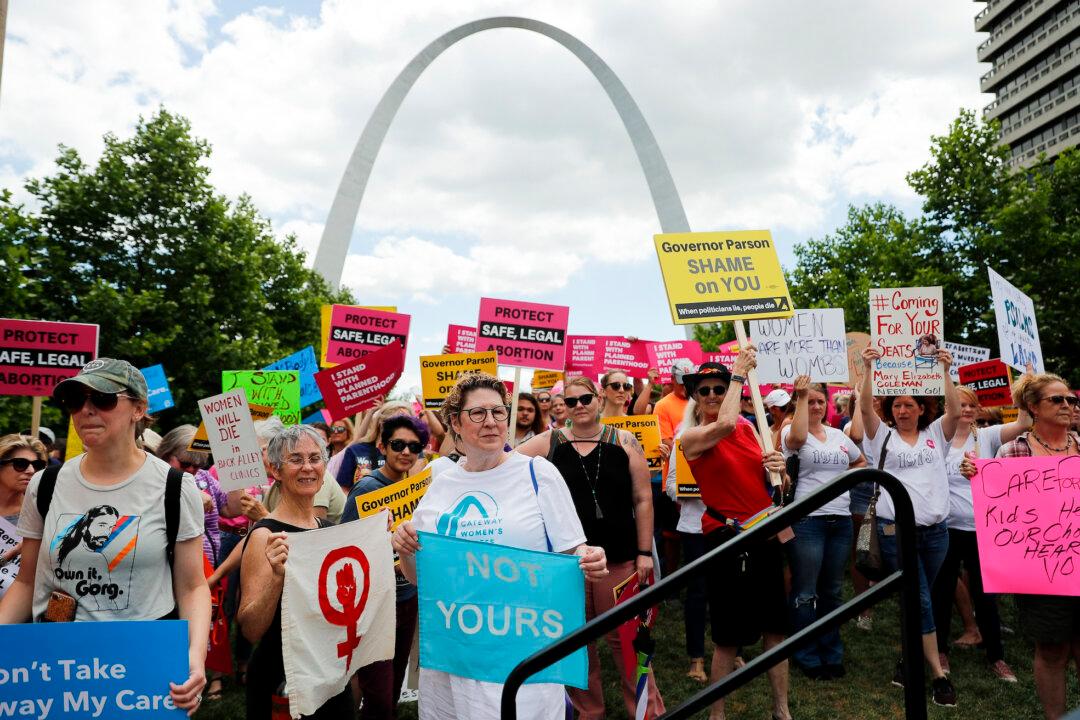A federal judge ruled in favor of a Christian preacher who sued Seattle after he was arrested for proselytizing at a pro-choice rally.
U.S. District Judge Barbara J. Rothstein of the Western District of Washington signed a consent order on Sept. 9 after Pastor Matthew Meinecke and authorities settled the case.





